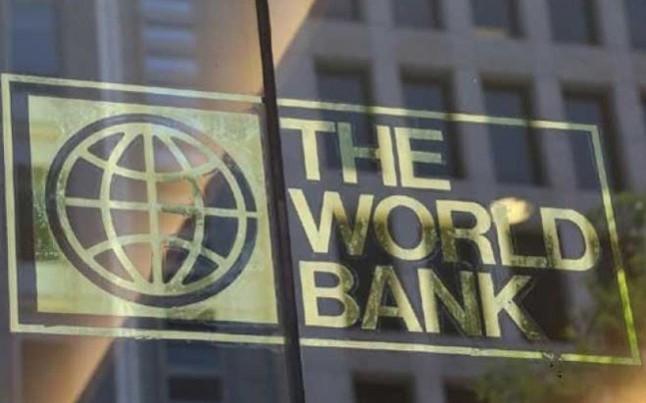
India is placed at a sorry 115th rank in the first-ever report on the Human Capital Index (HCI) released by the World Bank. The report has come as a shock as the even the other neighbouring countries like Nepal, Sri Lanka, Myanmar and Bangladesh are being placed better than India. Singapore took the numero uno position in the inaugural report thanks to its phenomenal rating in the universal health care system, education exams results and life expectancy figures.
The South Asian country was followed by South Korea, Japan, Hong Kong and Finland. In total 157 countries were analysed on the basis of parameters such as child mortality, health and education. However, the Union Finance Ministry had a different opinion on the report as it completely rejected the report. The ministry argued that the report entirely ignores the key initiatives that are being taken by the central government for the development of human capital in India.
In a statement, the ministry said: "The Samagra Shiksha Abhiyan has been launched to focus on access and quality of education for the benefit of 197 million school children. Through the Ayushman Bharat Programme, India has now launched the world's largest Health Insurance initiative providing 500 million citizens with adequate health coverage, and transforming 150,000 Health Centres into Wellness Centres to provide comprehensive primary healthcare services."
The Finance Ministry also said that Pradhan Mantri Ujjwala Yojana which provides free LPG gas connections for free of cost to the women member of the family has reduced the stress on the women's life. It claimed that the scheme has improved the health of about 3.8 crore women across Indian by providing them with LPG connection to replace firewood and coke based cooking stoves.
"In pursuing with the agenda of financial inclusion, the Pradhan Mantri Jan Dhan Yojana has provided access to formal banking services to over 328 million persons. The share of account ownership among rural adults has more than doubled from 33 per cent in 2011 to 79 per cent in 2017, significantly bridging the rural-urban gap," the ministry added.















